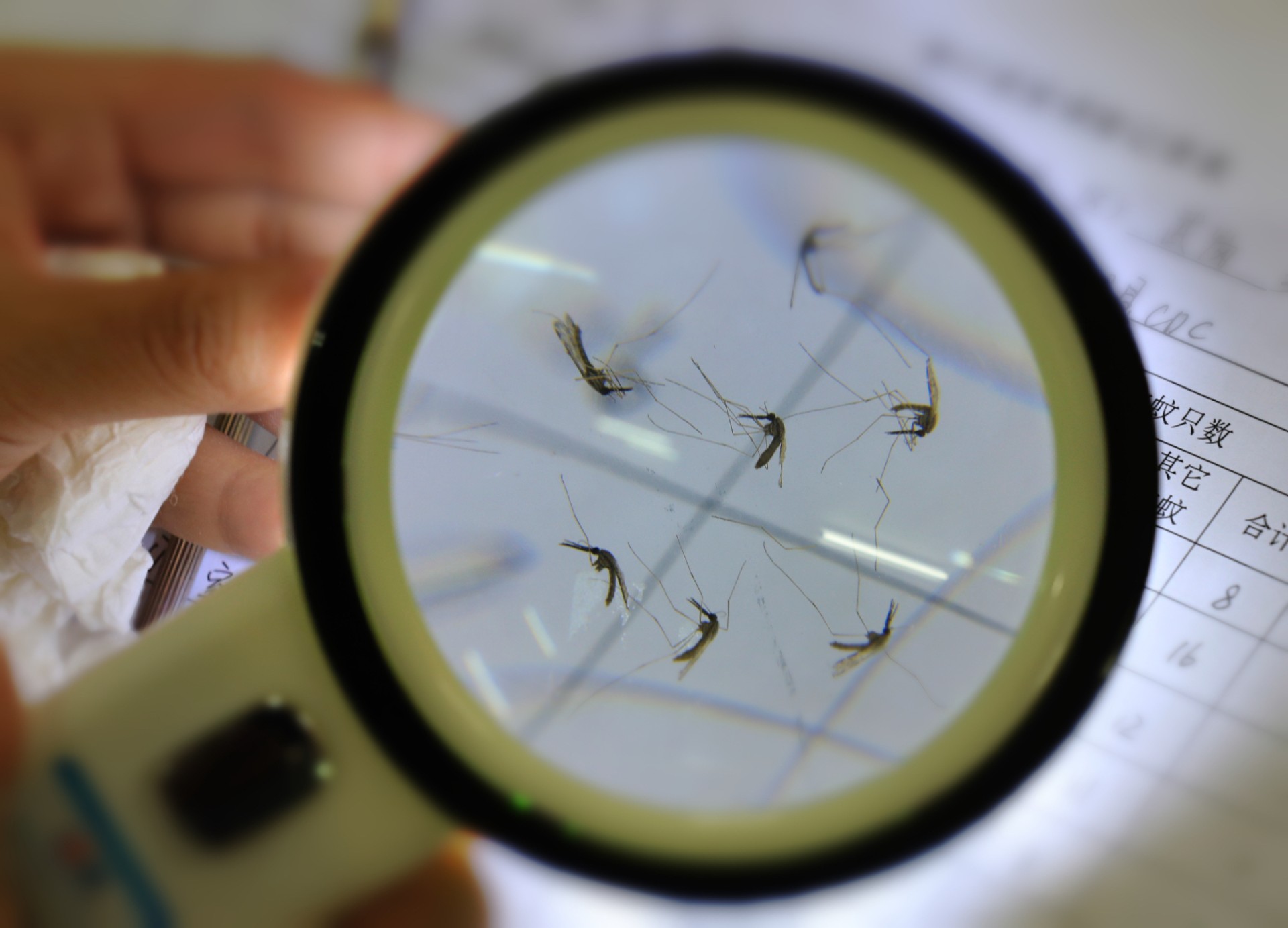The Huizhou Center for Disease Control and Prevention confirmed an imported case of malaria on January 19, identifying it as subtertian malaria. The patient is responding to treatment currently.
Malaria is an acute febrile disease transmitted to humans through bites of infected female mosquitoes carrying malaria parasites, with symptoms including chills, fever, and shivering during an episode.
While China was certified malaria-free by the World Health Organization in 2021, Guangdong still reports a certain number of imported cases each year due to cross-border movement. Some cases may result in severe complications and fatalities.
With the approaching Chinese Spring Festival, there is a noticeable increase in returning individuals, which raises the risk for imported malaria.

(File photo: Nanfang Daily)
Where is malaria predominantly prevalent?
Malaria is primarily widespread in Africa, Southeast Asia, the Eastern Mediterranean, and the Americas, with sub-Saharan Africa and Southeast Asia being highly endemic.
Popular tourist destinations, including Thailand, Indonesia, Vietnam, Brazil, and Myanmar, have reported cases of malaria.
According to the World Health Organization's "World malaria report 2022," approximately 247 million cases were reported in 84 malaria-endemic countries in 2021, resulting in 619,000 fatalities. The majority of cases and deaths occurred in the African region, followed by Southeast Asia.
What are the main symptoms after infection?
Symptoms usually manifest 10-15 days after being bitten by an infected mosquito. The first symptoms may be mild, including fever, chills, and a headache, similar to many febrile illnesses, and difficult to recognize as malaria. Left untreated, some types of malaria can progress to severe illness and death within 24 hours. Severe symptoms include fatigue, confusion, seizures, and difficulty breathing.
What precautions should be taken for recent international travel?
1.Before exit:
Be aware of the malaria situation in the destination country. Acquire knowledge on malaria prevention and consult local customs or international travel healthcare centers regarding the use of preventive medications.
2.During overseas travel:
*Try to avoid outdoor activities in malaria-endemic areas during peak mosquito activity (dusk to dawn).
*Wear long-sleeved clothing and pants during outdoor activities at night, and apply mosquito repellent to exposed skin to prevent mosquito bites.
*Use mosquito nets or mosquito coils while sleeping.
*Seek medical attention promptly if symptoms such as fever, chills, or diarrhea occur to prevent the worsening of the condition.
3.When entering China:
Declare health conditions and travel history, including residency in malaria-endemic areas, to the customs if experiencing symptoms such as fever and diarrhea.
4.After entry:
*For those temporarily residing in malaria-endemic countries, it is advised to seek medical attention at county or higher-level hospitals within one month of returning if symptoms arise.
*For those not residing in endemic areas, parasite-based diagnostic testing is recommended upon entry. In case of fever symptoms within two years of returning, seek prompt medical attention and inform healthcare providers of your travel history.
Author: Hannah Zhou, Feng Zhichao (intern), Fang Yuqing (intern)
Editor: Steven Yuen, Monica Liu, James
















